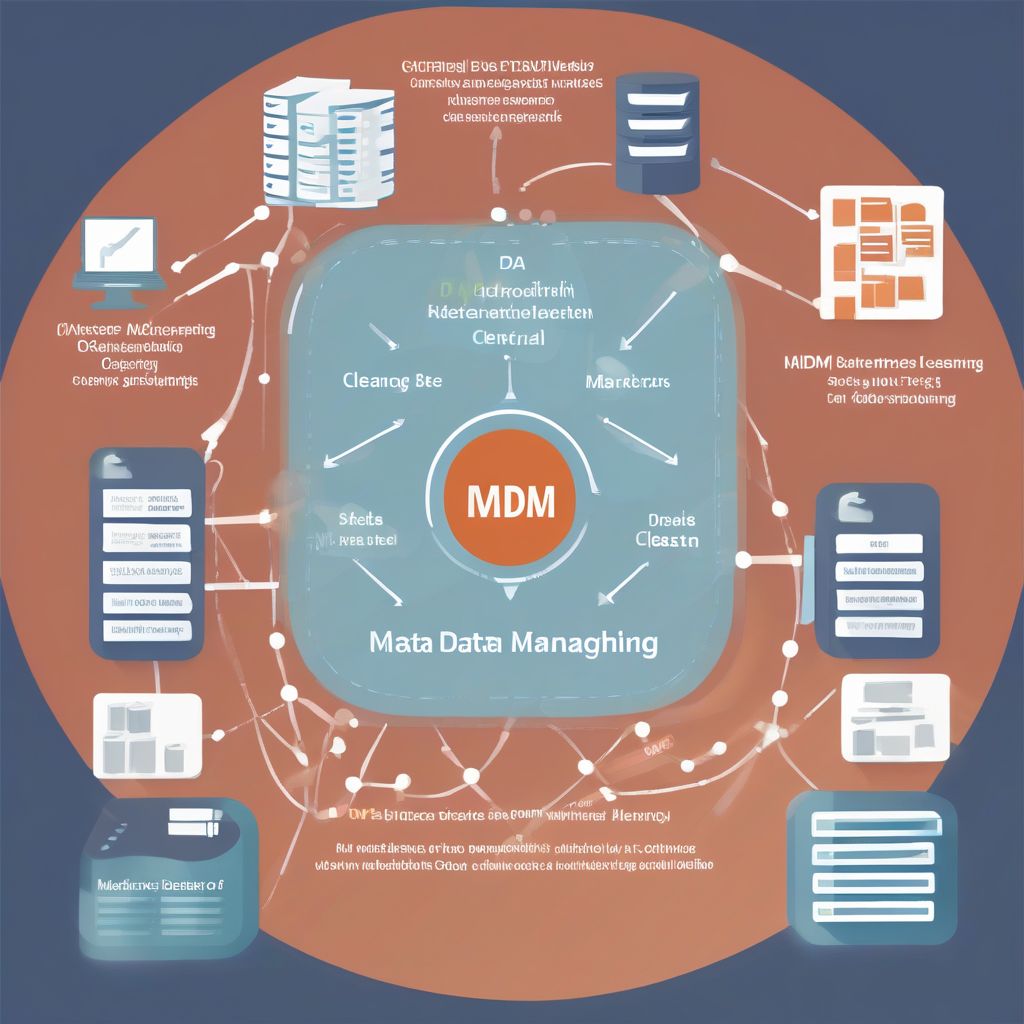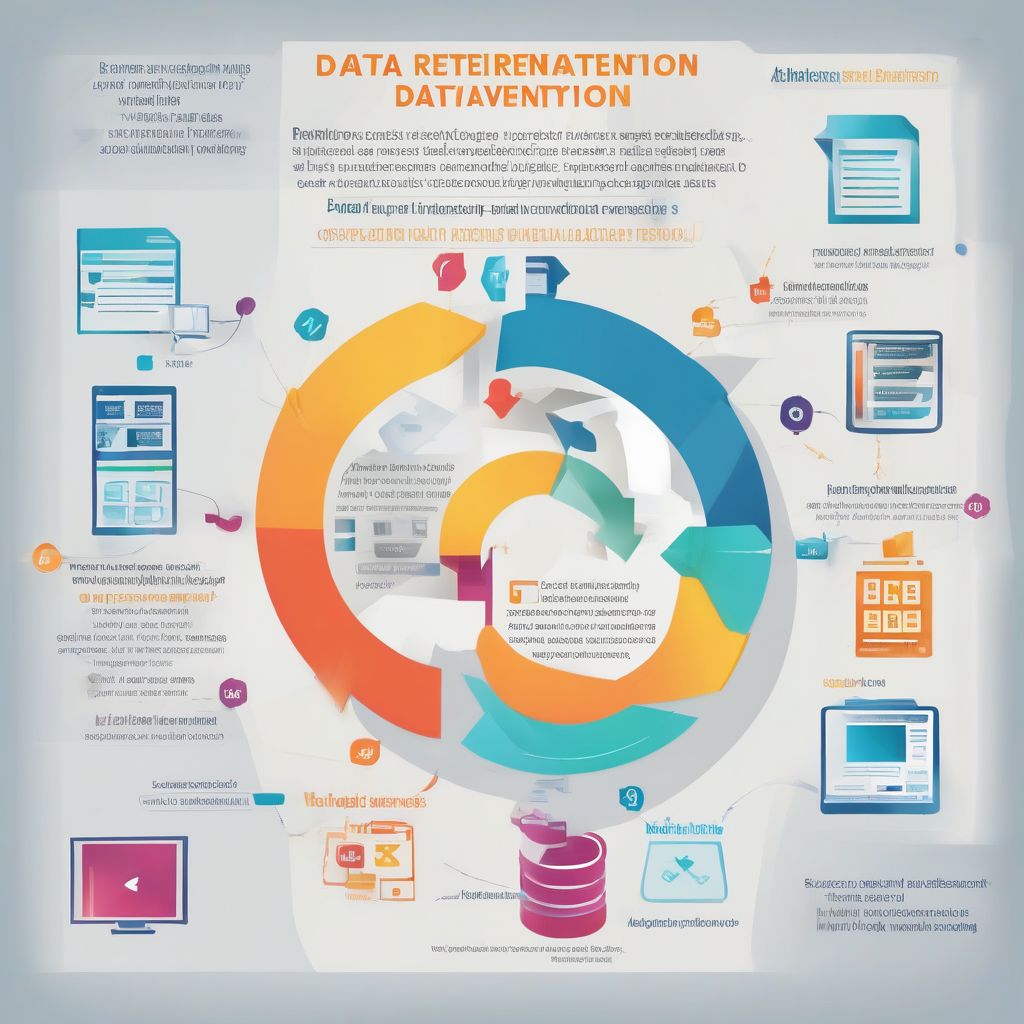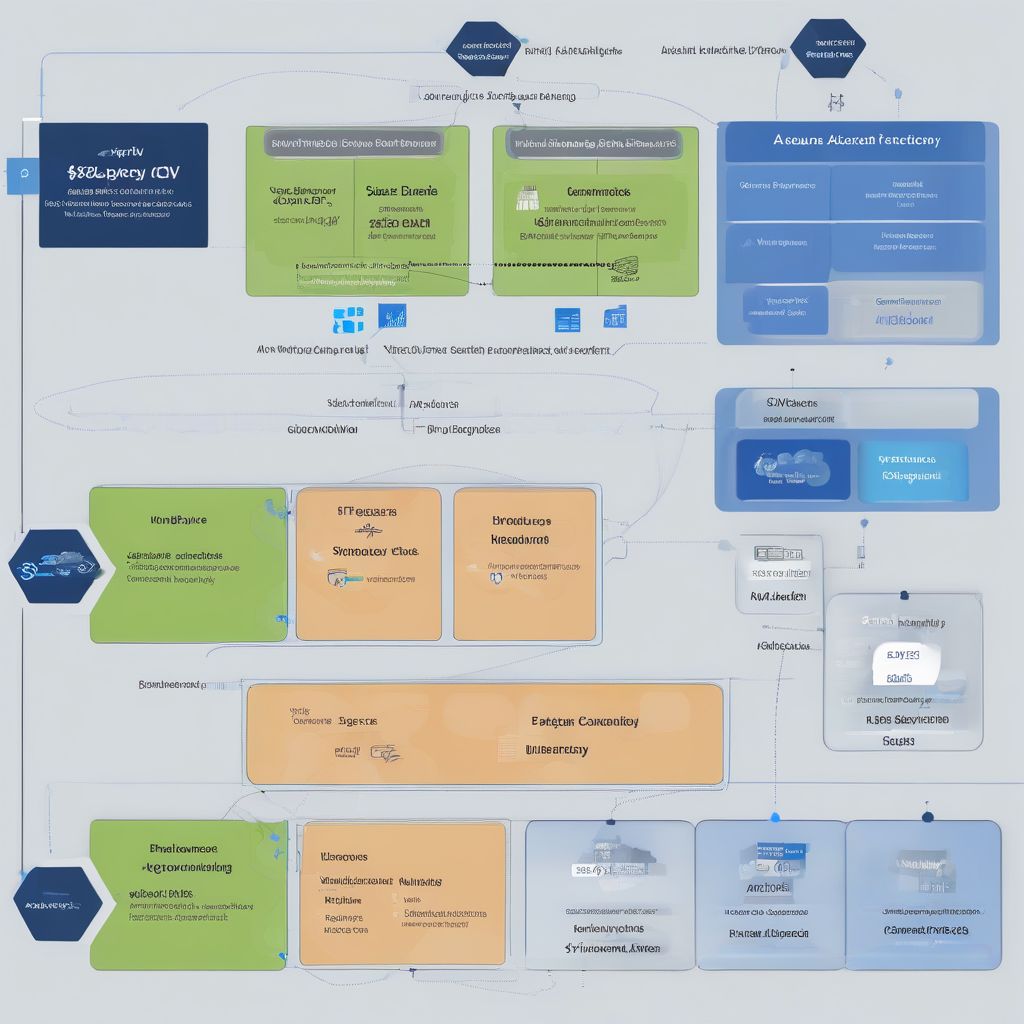In today’s data-driven world, organizations across industries are seeking skilled professionals who can unlock the power of information. This surge in demand has placed a spotlight on the field of data analysis, and with it, the pursuit of a data.smbtechconsultants.com/masters-in-data-analysis/">Masters In Data Analysis. But what exactly does this degree entail, and how can it propel your career to new heights?
Deciphering the Data: What is a Masters In Data Analysis?
A Masters in Data Analysis, often referred to as a Masters in Analytics or Masters in Data Science, is a postgraduate program designed to equip individuals with the advanced skills and knowledge needed to extract meaningful insights from complex datasets. This program delves deep into the world of statistics, programming, data mining, and visualization, providing graduates with a versatile skillset highly sought after by employers.
Why is a Masters In Data Analysis Important?
The importance of a Masters in Data Analysis cannot be overstated in today’s data-saturated landscape. Here’s why:
- High Demand, High Rewards: The Bureau of Labor Statistics projects a 25% employment growth for data scientists and mathematical science occupations, much faster than the average for all occupations. This translates into excellent job security and competitive salaries for qualified professionals.
- Unlocking Actionable Insights: Businesses thrive on data-driven decisions. A Masters in Data Analysis empowers you to analyze vast datasets, identify trends, and provide actionable insights that drive business growth, optimize operations, and inform strategic planning.
- Career Advancement: This advanced degree can open doors to leadership roles, specialized positions, and higher earning potential. Whether you’re just starting your career or seeking to upskill, a Masters in Data Analysis demonstrates your commitment to professional development and positions you as a valuable asset in any organization.
Frequently Asked Questions about Masters In Data Analysis Programs
What are the typical prerequisites for a Masters In Data Analysis program?
Most programs require a bachelor’s degree, preferably in a quantitative field such as mathematics, statistics, computer science, or economics. Strong analytical skills, familiarity with programming languages like Python or R, and a demonstrated interest in data analysis are also highly desirable.
How long does it take to complete a Masters In Data Analysis?
Program lengths vary, but most full-time programs can be completed in 1-2 years. Part-time options are also available for professionals seeking to balance their studies with work commitments.
What career paths are available with a Masters In Data Analysis?
The career opportunities are vast and span across various industries. Graduates can pursue roles such as:
- Data Scientist
- Data Analyst
- Business Intelligence Analyst
- Quantitative Analyst
- Machine Learning Engineer
Related Keywords and Their Significance
Understanding the nuances of related keywords can enhance your understanding of the field and help you refine your career aspirations.
Data Science
Data Science encompasses a broader scope than data analysis, encompassing data collection, cleaning, analysis, visualization, and model building. It often involves working with larger and more complex datasets.
Business Analytics
Business Analytics focuses on applying data analysis techniques to business problems, such as optimizing marketing campaigns, improving customer segmentation, or forecasting sales trends.
Conclusion
A Masters in Data Analysis is more than just a degree; it’s a passport to a future-proof career in a rapidly evolving digital landscape. By equipping yourself with the tools and knowledge to harness the power of data, you unlock a world of possibilities and position yourself at the forefront of innovation.
Ready to embark on your data analysis journey? Share your thoughts, questions, and experiences in the comments below! Let’s explore the exciting world of data together.




